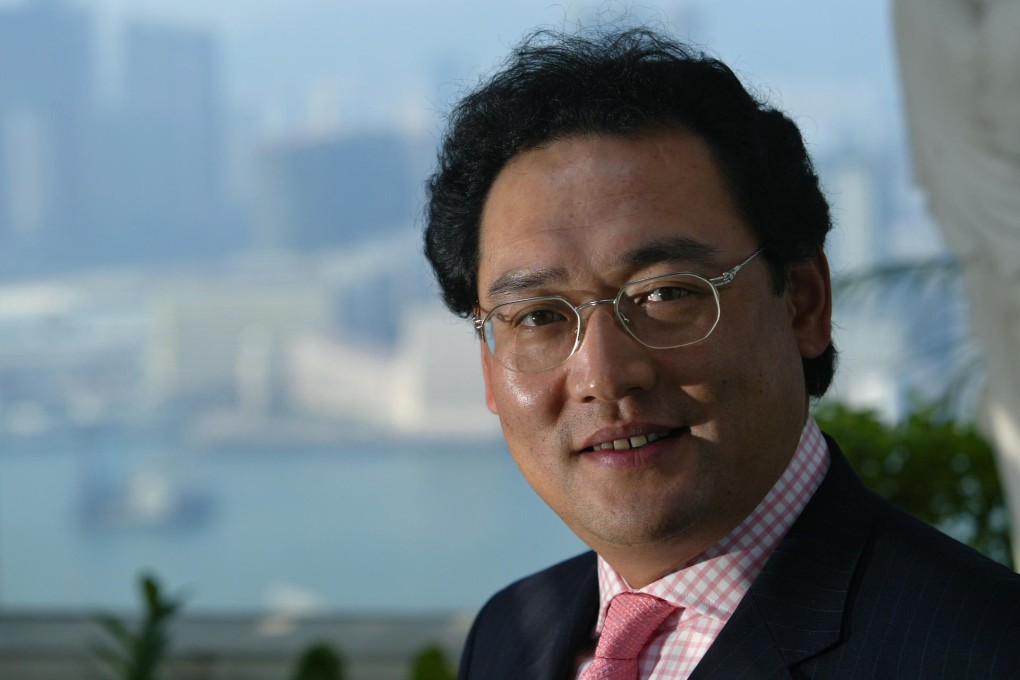China Briefing | Time to put spotlight on who banks hire
China Resources corruption case has drawn attention to widespread practice of financial institutions taking on relatives of mainland officials

After Beijing's decision over a week ago to detain Song Lin, the chairman of China Resources, on allegations of corruption, speculation has run rife on the mainland and overseas media about its implications. Does this signal a wider anti-corruption campaign to go after another senior leader, one of Song's protectors in the central government? Or does it mark the beginning of a drive to tackle rampant economic irregularities at all major state-owned conglomerates?
Amid the intense media attention surrounding the case, however, the apparent unwillingness of the Hong Kong and mainland authorities to investigate the role of Song's alleged mistress, another alleged key player in the scandal, makes curious reading.
According to allegations against Song made public by a senior reporter at a newspaper controlled by state-run Xinhua, Helen Yang Lijuan, his alleged mistress, helped Song to receive huge bribes and launder money, accumulating personal wealth of more than one billion yuan (HK$1.25 billion ).
The reporter alleged that Song used his influence to get Yang hired at two Swiss investment banks, first at Credit Suisse, then later at UBS.
Public records show that China Resources appeared to favour the two banks with more investment banking deals during the period when Yang worked there. Figures also show that after she left Credit Suisse for UBS in 2012, China Resources started to allocate more deals to UBS. Yang was reportedly in charge of handling client relationships with major state-owned enterprises including China Resources and that few people at either bank knew of her relationship with Song, except for rumours that she had a powerful uncle working at China Resources.
The allegations against Song and Yang come at a time when United States regulators have started to look into the hiring practices of American investment banks and examine whether staff were employed in Hong Kong and elsewhere in Asia because their relatives in government positions would steer business deals their way.
US regulators are reportedly investigating JP Morgan's hiring practices and client relationships in Hong Kong and the Independent Commission Against Corruption last month reportedly searched the office of Fang Fang, JP Morgan's outgoing chief executive officer for its China investment banking business.
